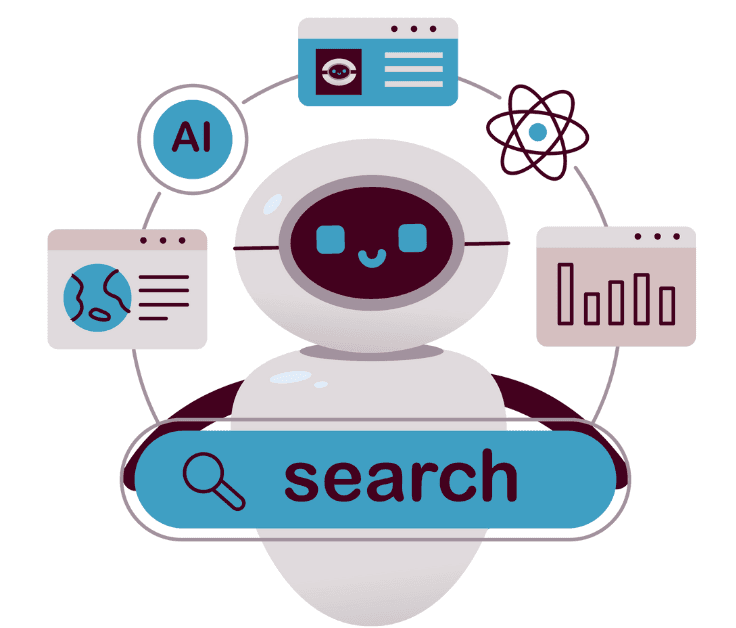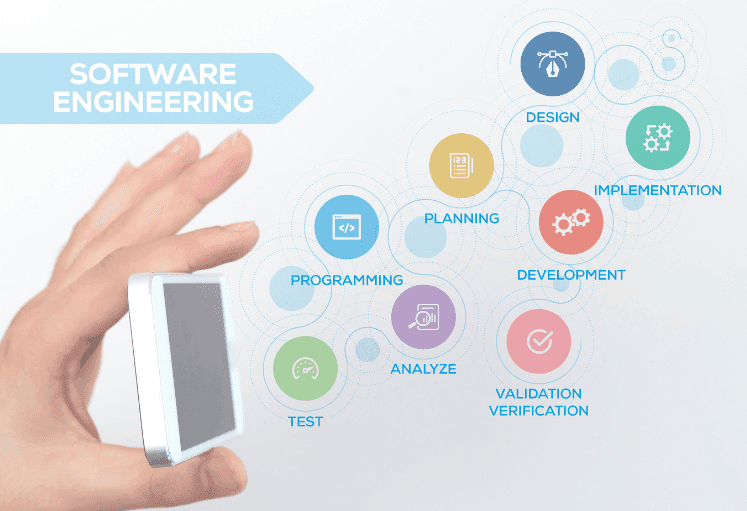Top 10 Highest-Paying Skills to Learn in 2025 (Earn ₹15–50 Lakh/Year)
Top 10 High-Paying Skills to Learn in 2025
In today’s fast-changing job market, AI, automation, and digital transformation are reshaping careers. The skills that were in demand a few years ago may no longer guarantee high-paying jobs. If you want to boost your income, secure global opportunities, or freelance successfully, you need to master the right skills.
Here are the top 10 high-paying skills in 2025 that employers are desperate for, along with real-world examples, stats, and guidance on how to start.
1. Artificial Intelligence and Machine Learning
AI isn’t just a buzzword—it’s the backbone of modern tech. Companies across industries, from healthcare to finance, are hunting for people who can build, train, and deploy AI models. If you can code in Python, understand frameworks like TensorFlow or PyTorch, and know how to work with data, you’re golden. Machine learning engineers are pulling in six-figure salaries, and the demand is only growing.

- Average Salary: $120,000–$160,000/year (Glassdoor, 2025)
- Key Tools: Python, TensorFlow, PyTorch, Scikit-learn
- Why it pays: Businesses are investing billions in AI to stay competitive.
- How to start: Take courses on Coursera or Udemy, practice datasets on Kaggle.
2. Cloud Computing
The cloud is where businesses live now—think AWS, Azure, and Google Cloud. If you can design, manage, or secure cloud infrastructure, you’re in high demand. Roles like cloud architects and DevOps engineers are raking in top dollar because companies are moving everything online.

- Average Salary: $110,000–$150,000/year
- Roles: Cloud Architect, DevOps Engineer
- Why it pays: Cloud expertise reduces costs and ensures scalability.
- How to start: Get AWS/Azure certifications and practice small cloud projects.
3. Cybersecurity
With data breaches and cyber threats skyrocketing, companies are desperate to protect their systems. Cybersecurity experts who can identify vulnerabilities, set up defenses, or respond to attacks are in short supply. Skills like ethical hacking, penetration testing, and knowledge of tools like Wireshark are hot right now.

- Average Salary: $100,000–$140,000/year
- Hot Skills: Ethical Hacking, Penetration Testing, Network Security
- Why it pays: A single breach can cost millions.
- How to start: Certifications like CompTIA Security+, CEH, and virtual labs.
4. Data Science and Analytics
Data is the new oil, and companies need people who can turn raw numbers into actionable insights. If you’re good with tools like SQL, Tableau, or Python for data analysis, you can help businesses make smarter decisions. Data scientists and analysts are some of the highest-paid roles out there.

- Average Salary: $95,000–$135,000/year
- Tools: Python, SQL, Tableau, R
- Why it pays: Data-driven decisions create a competitive advantage.
- How to start: Build a portfolio analyzing real-world datasets.
5. Blockchain Development
Crypto might have its ups and downs, but blockchain tech is here to stay. From supply chain management to decentralized finance, companies need developers who can build secure, transparent systems using platforms like Ethereum or Hyperledger.

- Average Salary: $100,000–$150,000/year
- Skills: Solidity, Ethereum, Hyperledger
- Why it pays: Secure, decentralized applications are in high demand.
- How to start: Learn smart contract development and blockchain platforms.
6. UI/UX Design
Great user experiences drive customer loyalty, and companies know it. UI/UX designers who can create intuitive, visually appealing interfaces using tools like Figma or Adobe XD are in high demand. Bonus points if you understand user psychology and testing.

- Average Salary: $80,000–$120,000/year
- Tools: Figma, Adobe XD, Sketch
- Why it pays: Intuitive interfaces can make or break products.
- How to start: Build a portfolio and take courses on user-centered design.
7. Digital Marketing
The digital world runs on attention, and businesses need experts who can master SEO, social media advertising, and content marketing. If you can drive traffic, boost conversions, or run campaigns on platforms like Google Ads or Meta, you’ll always have work.

- Average Salary: $70,000–$110,000/year
- Skills: SEO, Content Marketing, Google Ads, Meta Ads
- Why it pays: Marketing directly impacts revenue.
- How to start: Certify in Google Analytics, Meta Ads, and experiment with campaigns.
8. Software Development (Full-Stack)
The demand for developers who can handle both front-end (React, Angular) and back-end (Node.js, Django) never fades. Full-stack developers who can build entire applications from scratch are highly sought after, especially in startups and tech giants.

- Average Salary: $90,000–$140,000/year
- Skills: JavaScript, React, Angular, Node.js, Python, Django
- Why it pays: Ability to build entire applications independently.
- How to start: Learn front-end frameworks and back-end languages.
9. Project Management
With businesses juggling complex projects, skilled project managers who can keep teams on track are critical. Certifications like PMP or Agile/Scrum mastery can open doors to high-paying roles in tech, construction, or healthcare.

- Average Salary: $80,000–$130,000/year
- Certifications: PMP, Agile, Scrum
- Why it pays: Strong project managers reduce risks and improve team productivity.
- How to start: Take PMP or Scrum courses, lead small projects for experience.
10. Soft Skills (Leadership, Communication & Problem-Solving)
Soft skills are the abilities that help you interact effectively, lead teams, and navigate challenges—skills that are crucial regardless of your technical expertise.

- Salary Boost: Professionals with leadership and communication skills earn 20–30% more than peers.
- Why it pays: Effective leaders and communicators drive better results.
- How to start: Workshops, online courses, teamwork, public speaking, and real-world problem-solving.
FAQs: High-Paying Skills in 2025
Q1: What are the highest-paying skills in 2025?
AI, Machine Learning, Blockchain, Cloud Computing.
Q2: Which skills are best for freelancing?
Digital Marketing, UI/UX Design, Software Development.
Q3: Can I learn these skills online?
Yes, through Coursera, Udemy, LinkedIn Learning, YouTube, or GitHub projects.
Q4: Do I need a degree to excel?
Not always. Certifications and hands-on experience often matter more.
Q5: How do I choose the right skill?
Pick what interests you, aligns with strengths, and fits career goals. Start with small projects.




